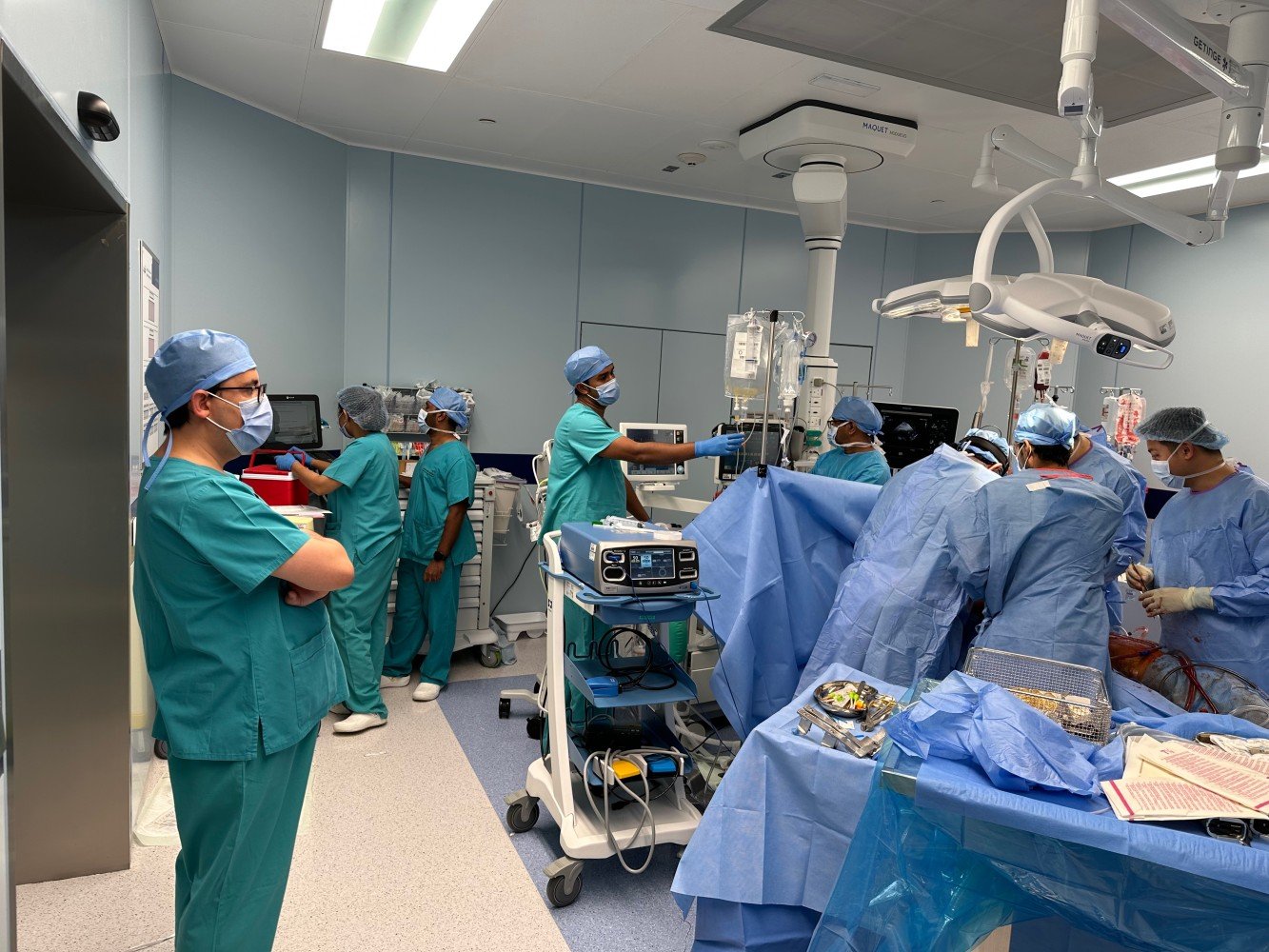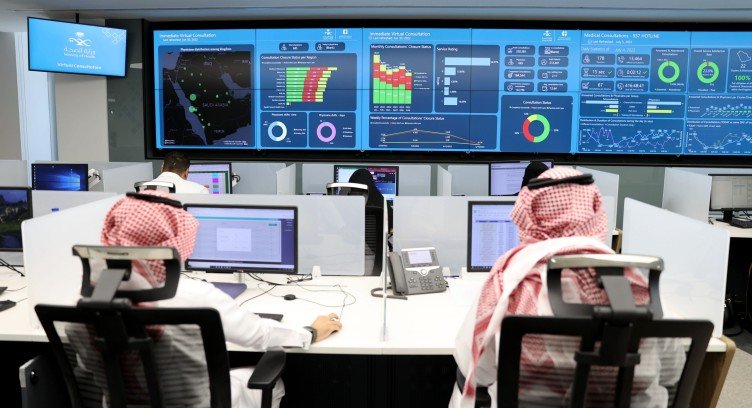Healthcare Marketing: A Paradigm Shift Towards Positive Engagement and Informed Decision-Making
The landscape of healthcare marketing is undergoing a significant transformation. By adopting strategies that focus on positive messaging, targeted communication, ethical practices, patient journey understanding, community engagement, and ensuring medical accuracy, healthcare organizations can effectively engage with their communities and promote better health outcomes. This approach not only benefits patients but also helps in building a trustworthy and respected healthcare brand.
Enhanced Patient Experience: A Visionary Approach to Hospital Amenities
The journey to infuse the principles of hospitality into the realm of healthcare has been both deliberate and intuitive. The modern hospital room is not just a clinical space but a confluence of functionality and solace. The amenities that were once considered extraordinary are now integral to the standard of care. High-thread-count sheets, an array of plush pillows, and the soft embrace of luxury bathrobes are now the norm, designed to provide patients with a sense of dignity and comfort during their stay.
Embracing Mental Wellness Across All Industries: A Call to Action in the GCC Region 🌍💼🧠
Survey data from the McKinsey Health Institute reveals a startling reality: two-thirds of respondents in four GCC countries reported symptoms of poor mental health and well-being. One in three indicated burnout symptoms.
Improving mental health means recognizing that health is a balanced state encompassing physical, mental, social, and spiritual dimensions.
New pandemics at our doorsteps...
The healthcare industry faces various obstacles in the rapidly expanding digital landscape. In addition to the vital job of patient care, hospital administrators must deal with a rising threat that is unrelated to any sickness or medical condition - cybersecurity. Recent worldwide events have heightened healthcare facilities' vulnerability, with severe cyber-attacks weakening operational efficiency and patient trust.
People First, Technology Next
In essence, while we strive to adopt and integrate the latest technologies into our healthcare systems, we must remember that the key to a successful digital transformation lies in nurturing our people first. When we value our people, we create an environment where innovation flourishes.
The Silent Heroes of Hajj: Orchestrating Healthcare for 1.8 Million Hajj Pilgrims
Over 354 health care facilities were prepared as part of the Tremendous effort, with assistance from over 36,000 health professionals from various health sectors and over 7,600 volunteers. During the Hajj, these facilities and staff served almost 400,000 pilgrims who needed various health care services.
The services given were both extensive and crucial. Some pilgrims required sophisticated medical interventions, including as open-heart surgery for 50, cardiac catheterization for 800, and dialysis for almost 1,600. Furthermore, considering the desert conditions, the frequent difficulty of heat stress was managed expertly, with 8,000 pilgrims receiving appropriate care.
A Personal Perspective on Orchestrating Success: The Critical Role of Leadership and Team Unity in Hospital Commissioning
Navigating the complex maze of hospital commissioning is a difficult task, with high stakes and little margin for error. Beyond the technical and logistical requirements of this role, it is the strength of human factors - visionary leadership and teamwork - that actually sail the ship toward successful hospital commissioning.
My experiences with various commissioning, first operation planning, and launch procedures have confirmed the critical significance of leadership in these processes. Leaders are more than just figures of authority; they are the compass that guides the ship through rough and calm waters alike. They are visionaries who can see beyond the walls of a hospital or clinic to realize what each should ideally represent in terms of healthcare service delivery.
Is EMR Created Only for Physicians? A Call for Comprehensive Use in Healthcare Management
EMRs contain a wealth of patient data, from medical histories to diagnostic tests, treatment plans, medication records, allergies, and immunization dates. More than a mere catalogue of health information, this data can offer deep insights into patient behaviors, health trends, and treatment outcomes if properly leveraged.
These records are not just beneficial for the continuity of care at a physician's level, but they also hold immense potential for planning and enhancing the overall hospital management system. For instance, anonymized patient data from EMRs can inform the distribution of resources in a hospital, influence the design of care plans, and enhance service levels.
Harnessing Daily Huddles: A Key to Effective Healthcare Management
A morning huddle is a short meeting held at the start of each working day. It is a time when hospital leadership comes together to share updates, review performance, recognize wins, identify areas for improvement, and plan for the day ahead. The structure and organization of these huddles at Fakeeh University Hospital is worth a detailed exploration.
Our morning huddles kick off with a report from the duty manager, followed by the sharing of daily updates and important issues about the hospital by myself, as the CEO. The updates continue with the Chief Medical Officer (CMO), Chief Nursing Officer (CNO), and subsequently each department leader shares their updates.








